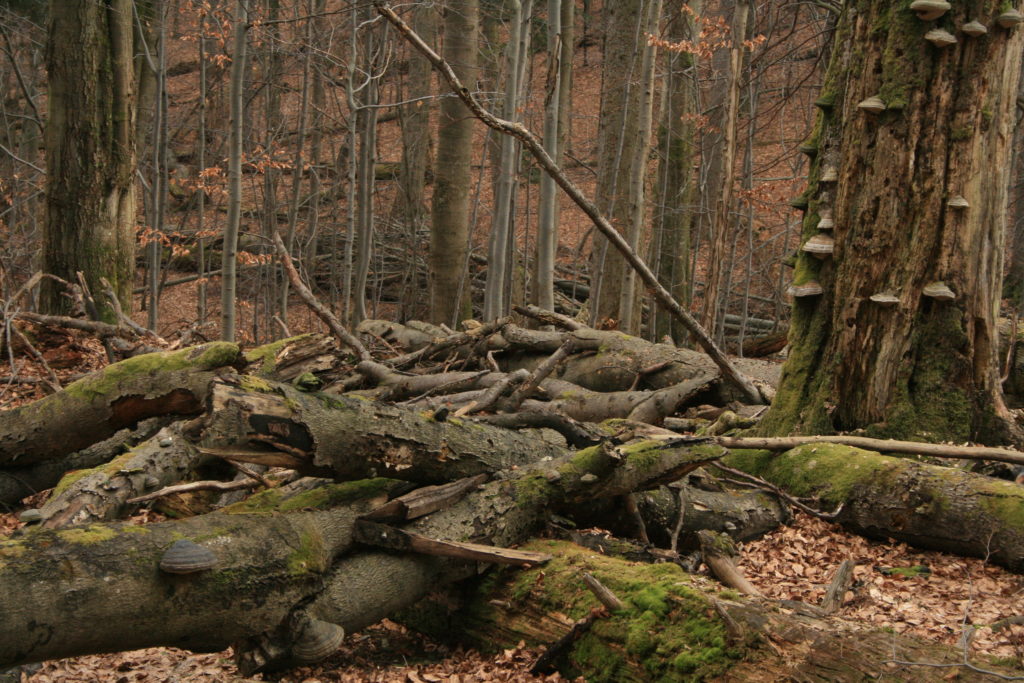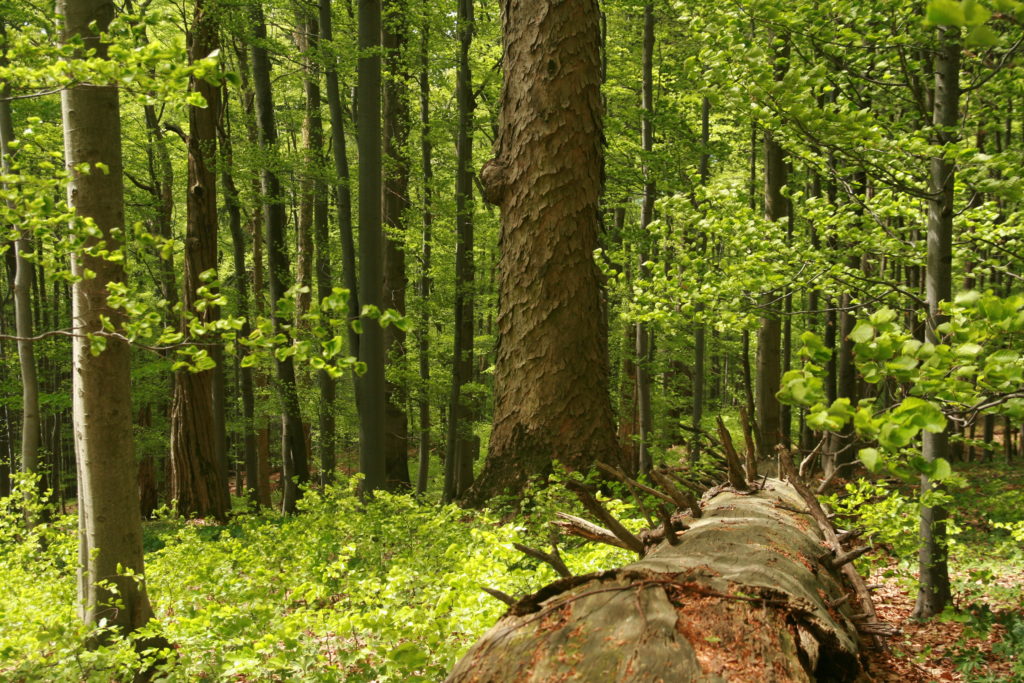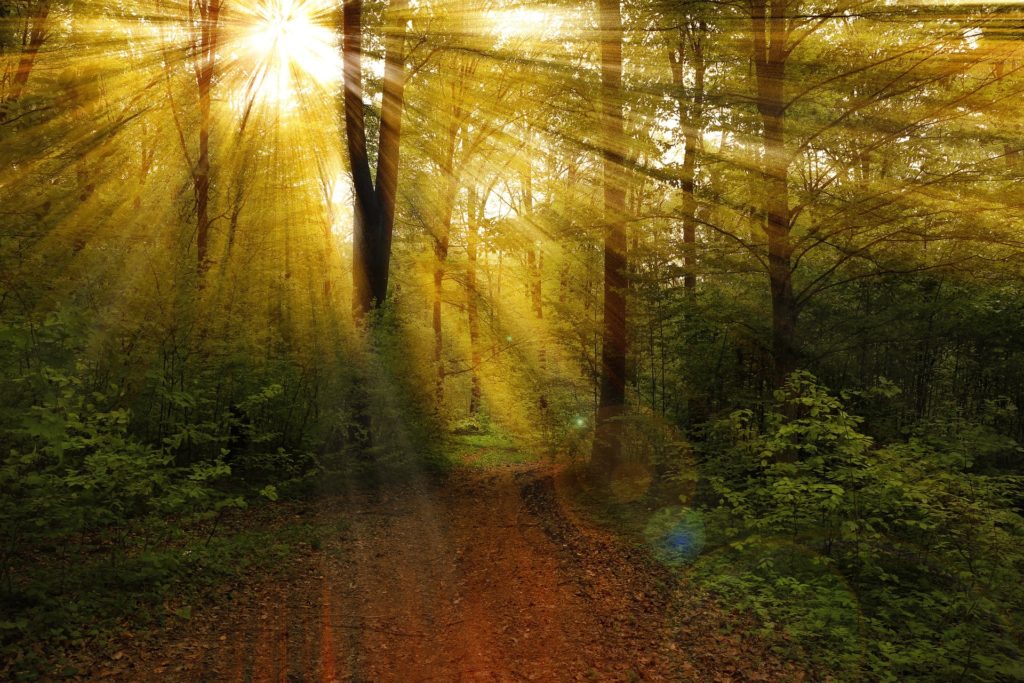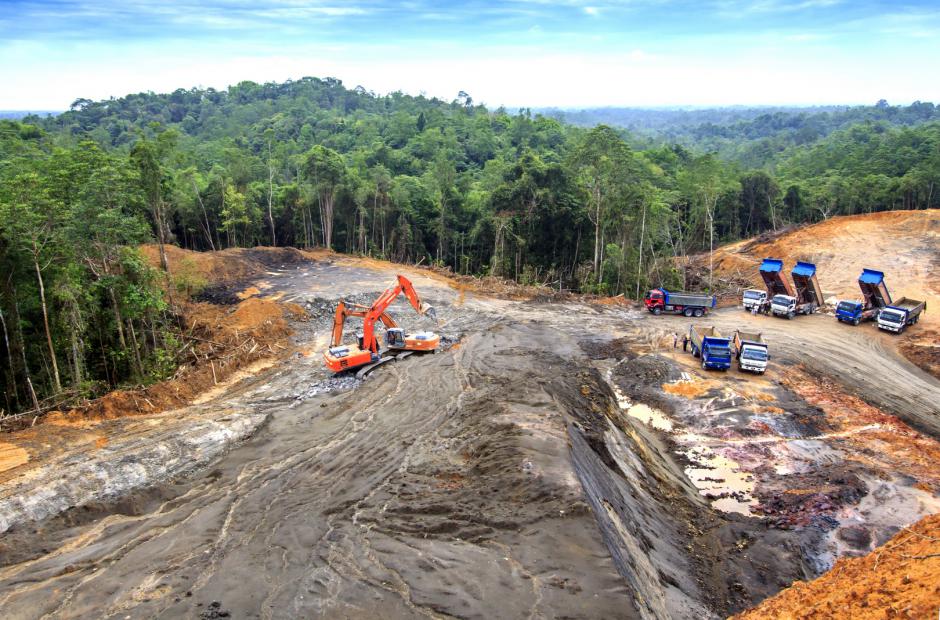For more than a hundred years, enlightened foresters, later joined by ecologists, have been pointing out the unsuitability of growing monocultures, especially spruce and pine. It is unnatural, the soil is depleted, the trees compete with one another, in adulthood they often succumb to various calamities. Not at random, but on a regular basis. In addition, there is much less space for wildlife in them than in natural forests.

Despite many warnings, suggestions and notifications, however, forest management in our country still has not changed much. Plant trees, grow them, cut them down and plant new ones. This is not a forest, this is how potatoes are grown. It is possible to manage the forest differently – to harvest individual trees or their groups, to grow mixed forests, to support biodiversity. In a forest where man manages the forest in accordance with nature, he often does not need to plant anything at all – nature can take care of it better on its own. The seeds come from the surrounding trees, they grow into seedlings, mature trees and so on. Nature has been able to do this very well for thousands of years.

In our country, as well as in many other countries, most primary and natural forests were destroyed several centuries ago. In the Czech Republic, some remains of primary forests are protected in reserves. The Nature Conservation Agency of the Czech Republic has concluded an agreement with Lesy ČR,s.p. (Czech State Forests), according to which some of the“state-owned old-grown forests will be left to natural development without human intervention, and will also become primeval.
But it is still not enough. Most of our forest areas consist more or less of monocultures, most forests are managed in a clear-cut manner. We no longer even know what a healthy and nourished forest should look like. There are still places where you can come across such a forest, at us or at neighbors’, however, for example here or here.

What happens when we as humans do not respect natural processes, is demonstrated not only by the last bark beetle calamity, but also by the fate of some countries that have lost most of their forests. Now, they are struggling with erosion, water scarcity or, in the worst case, they are looking at bare rocks deprived of soil where the forest will return in a thousand years at the earliest.
A chart of countries without forests.

Both rainforests and healthy forests can retain water, humidify and cool down the local climate, produce oxygen and also store CO2 in their own biomass and in the soil. In order to function well, the whole planet needs such primeval forests. Unfortunately, there are fewer and fewer of them.
Join us in our efforts to restore natural forests, which will one day become primeval forests again. In our country and in the world. It’s not easy, but it meaningful.